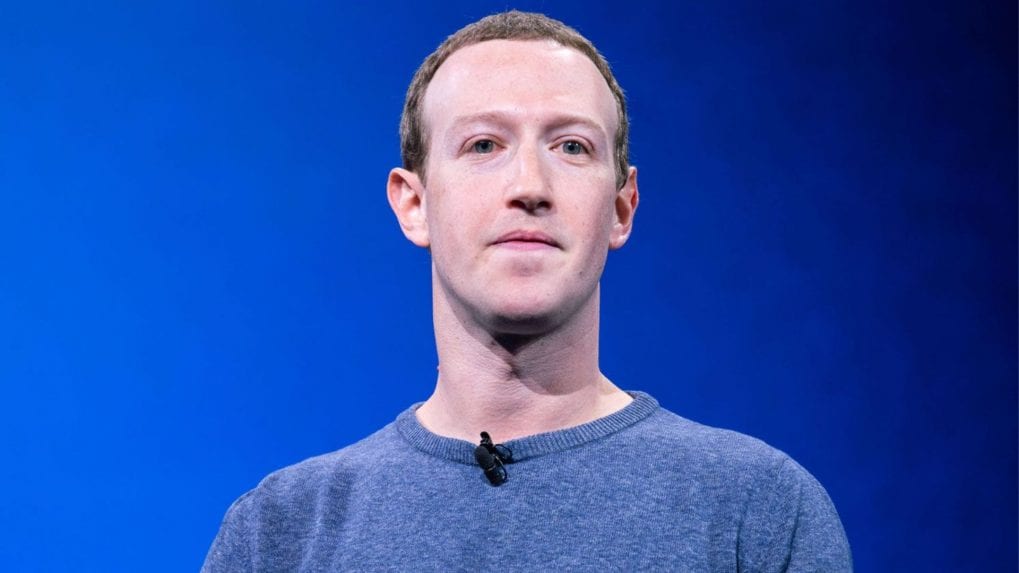Advertising
From Pink Slips to Silent Sidelining: Inside adland’s layoff and anxiety crisis

Meta CEO Mark Zuckerberg recently provided new insight into what’s driving top AI researchers to join leading tech firms, revealing that even multimillion-dollar pay packages are taking a backseat to compute access and autonomy.
Speaking to The Information, Zuckerberg emphasized that “top AI researchers are joining Meta not merely for financial incentives but primarily for access to extensive compute power and the autonomy to pursue innovative projects”.
He explained that money isn’t the only reason AI talent from major tech companies such as Apple, OpenAI, and Google DeepMind choose to work with Meta Superintelligence Labs.
He insisted that the ability to work at the forefront of AI development within a robust infrastructure is a far stronger draw than even the richest compensation offers.
While admitting that having money is an advantage he also emphasised that a lot of the numbers reported have been “inaccurate”. One of the biggest reasons, he claimed, is that researchers have more “leverage”. “You have more compute,” he stated.
Meta founder further mentioned researchers have told him they want to be part of a small team with a high number of GPUs. “Having the most number of computes per researcher is definitely a strategic advantage, not just for doing the work but for attracting the best people.”
“I think that has been under-reported as one of the main reasons why people are excited to come do this,” he noted.
Meta has responded by dramatically ramping up its AI resources, including Nvidia H100 GPUs and massive data centers, alongside restructuring around its new Superintelligence Labs organization.
Another key factor, he said, is the chance to start afresh. “The ability to start from a clean slate, where you are not just at another company, working on some other infrastructure. You get the opportunity to build a new lab from scratch….I think it’s really appealing to a lot of people.”
The narrative highlights an evolving trend in the intense competition for AI talent across Silicon Valley. While Wall Street publications have reported million-dollar sign-on bonuses, including upwards of $100 million, Zuckerberg explained that securing elite researchers requires more than cash.
His comments come at a time when OpenAI chief Sam Altman publicly accused Zuckerberg's company of offering up to $100 million in bonuses to lure away his employees.
Zuckerberg allegedley had poached three high-profile researchers from OpenAI's Zurich office to join his newly formed "superintelligence" team. The hires - Lucas Beyer, Alexander Kolesnikov, and Xiaohua Zhai - mark a significant escalation in the ongoing AI talent war, particularly between Meta and OpenAI.
From purpose-driven work and narrative-rich brand films to AI-enabled ideas and creator-led collaborations, the awards reflect the full spectrum of modern creativity.
Read MoreLooking ahead to the close of 2025 and into 2026, Sorrell sees technology platforms as the clear winners. He described them as “nation states in their own right”, with market capitalisations that exceed the GDPs of many countries.